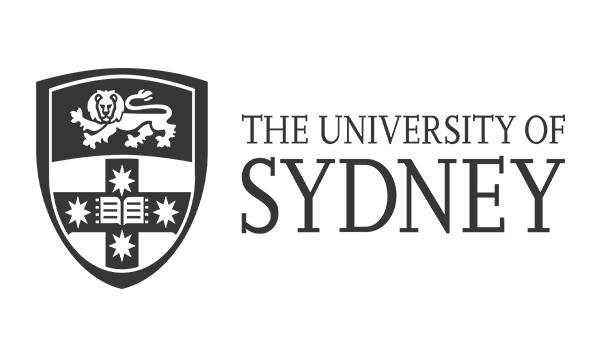AU7 Master of Music (Performance) University of Sydney
-
THÔNG TIN CHUNG
The Sydney Conservatorium of Music places a high emphasis on its research activity, with a vibrant and diverse community of staff and students. The Master of Music (Performance) provides a unique opportunity to develop high-level skills in the production of research-based creative work in music performance. The final thesis embodying the results of the research will include the final creative work presentation and a written dissertation of 10,000 to 20,000 words.
Within the degree structure, candidates receive training in research methods and areas of study pertinent to their research, as well as one to one lessons that help further develop performative skills. Candidates will learn to organise and present creative work (a recital, lecture recital, recording or other appropriate form) that demonstrates independence of thought, critical awareness and interpretative capacities, and high potential as a scholarly musician.
Candidates will be able to articulate the contribution which their performance makes towards extending the boundaries of the discipline of performance through such means as expanded stylistic or interpretative horizons, investigation of historical performance practice, development of new performance modes, relationships and techniques, or through enhanced critical, historical or analytical perspectives.
-
ĐIỀU KIỆN ĐẦU VÀO
To be eligible for admission to the Master of Music (Performance) you must have completed the equivalent of a bachelor's degree of music with a major in performance.
These criteria constitute the minimum requirements for eligibility and do not guarantee admission. That remains at the discretion of the relevant supervisors and the Sydney Conservatorium of Music, and access to supervision remains highly competitive.
Applying for admission
- Find a supervisor within the University whose field aligns with your proposed research.
- Contact a research supervisor either through Research Supervisor Connect or email a supervisor and provide your academic/educational background and research experience with examples such as an academic transcript your CV/resume, the area of focus for your MMus and why you believe your interests align with this supervisor.
- In conjunction with your supervisor, develop plans for your proposed candidature and prepare a preliminary research proposal of 1500-2000 words pertaining to your creative work and dissertation plans. The proposal should outline the subject area, objectives, introductory literature review, method proposed, significance of your research and schedule of research.
- Plan to present an audition, discussing the requirements with the supervisor or Program Leader.
- If required, obtain two academic referee reports, each one written by a referee who is familiar with your previous academic achievements.
- Submit your application along with your research proposal, CV, academic referee reports, academic transcripts, supporting evidence (where required) and other supporting documents such as identification and evidence of residency status.
- Following receipt of the application, the Conservatorium will invite prospective candidates whose applications articulate a viable research area to attend a face to face interview including an audition. The interview and audition should demonstrate the candidate’s potential to undertake Masters level research and ability to perform at an advanced level with strong potential to perform successful repertoire specific to the candidate’s research area.
As a guide, the audition is expected to be at the undergraduate senior or exit recital level, and applicants should prepare 30-50 minutes of music. When necessary interviews maybe undertaken by skype and auditions may be in the form of submitted recordings.
- ĐIỀU KIỆN NGÔN NGỮ
- HỌC BỔNG
- ĐỊA ĐIỂM
Tóm tắt
-
Phí ghi danh
100
-
Độ dài khoá học
2 năm
-
Kỳ nhập học
Tháng 3
Tháng 7
Phí Cơ Bản
-
Loại Tiền
-
Học Phí
Trên năm -
Phí Sinh Hoạt
Trên năm -
Tổng






